Illawarra Women’s Domestic Violence Court Advocacy Service (IWDVCAS)

So you want the violence to stop
Court advocacy support is available at Wollongong, Port Kembla, Albion Park and Kiama local courts, for women seeking an Apprehended Domestic Violence Order (ADVO). Support at hearings is also provided where possible.
Free legal representation is also available at court for women seeking private ADVO’s who are eligible for legal aid and are an existing client of the Court Advocacy Service. Legal advice is also available at court for women with Police initiated ADVO’s on matters such as family law, child support, and property, upon referral from the Court Advocacy Service.
If you’d like to talk about utilising the service, please contact us.
Phone: 02 4229 4604
Fax: 02 4227 3347
Email: iwdvcas(at)wwis(dot)org(dot)au
What is IWDVCAS?
The Illawarra Women’s Domestic Violence Court Advocacy Service is a locally-based, independent service for women and children seeking help and information about how to get protection from the court from domestic violence.
The Illawarra Women’s Domestic Violence Court Advocacy Service is funded by Legal Aid NSW and is managed by Women Illawarra.
If you are just thinking about what to do and want some information about Apprehended Violence Orders (AVOs) and other services – we can help you.
The Illawarra Women’s Domestic Violence Court Advocacy Service has specialist workers to assist Aboriginal women, or women from culturally and linguistically diverse backgrounds.
Navigating Court
Before Court
If you have a domestic violence matter which is going to court and you want to know what will happen, we can provide you with information and other assistance.
At Court
We will make sure you have a safe place to sit at court, give you information to help you understand what is happening and work with you to get an order that is best for your situation. The Illawarra Women’s Domestic Violence Court Advocacy Service will also keep you informed about the progress of your matter through the court, including future dates when you need to attend court.
After Court
After court, we can refer you to other services that can help you with safe housing, income support, children’s needs, family law and counselling. We can provide you with information about what to do if the abuse continues.
Do I need to go to court?
Yes. It is important for you to go to court to get information about what is happening in your case. It is important that the court has up-to-date information about your situation and what you want and whether anything has changed since your application was made. We will explain what happens in court.
What is an AVO?
An AVO is an Apprehended Violence Order. It is an order to protect victims of domestic violence when they are fearful of future violence or threats to their safety. They are sometimes called restraining orders or protection orders.
There are two types of AVOs:
• Apprehended Domestic Violence Order (ADVO)
This is made where the people involved are related or have had a domestic or intimate relationship. Women’s Domestic Violence Court Advocacy Services are funded to assist women in ADVO matters.
• Apprehended Personal Violence Order (APVO)
This is made where the people involved are not related or do not have a domestic or intimate relationship, for example, they are neighbours, or where a person is being stalked or intimidated by someone.
An AVO is not a criminal charge. It is an order for your future protection. An AVO sets out restrictions on the other person’s behaviour, so that you can feel safe. If you have children, the order will also protect them.
How do I apply for an AVO?
There are two ways you can apply for an AVO. You can apply yourself— this is called a private application—or the police can make an application on your behalf. The Illawarra Women’s Domestic Violence Court Advocacy Service can provide information about how to make an application. If you wish to make a private application, you can do this through your Local Court or through your lawyer.
If you do not have a lawyer, the Illawarra Women’s Domestic Violence Court Advocacy Service will arrange legal advice for you. The Illawarra Women’s Domestic Violence Court Advocacy Service may be able to refer you to lawyers who give free legal advice and who may be able to represent you.
The Illawarra Women’s Domestic Violence Court Advocacy Service will help by explaining what will happen in court. They will work with police or your lawyer to make sure the AVO suits your situation. If your partner has been charged, The Illawarra Women’s Domestic Violence Court Advocacy Service can also assist you with information and support while the charges are dealt with.
What if I want to live with my partner?
You can still apply for an order which protects you but which allows you to live with your partner.
There are many different conditions which can be included in an order so that it is suited to your situation. The Illawarra Women’s Domestic Violence Court Advocacy Service will help you apply for conditions that meet your needs, but still give you protection from violence and abuse.
If you already have an order but your situation has changed, you should speak to the Illawarra Women’s Domestic Violence Court Advocacy Service about changing your AVO.
What if I want to withdraw the application for an AVO ?
Although you might feel that things have settled down, it is best to seek advice before you consider withdrawing the application.
Remember, this is not a criminal charge, it is about protecting you from future violence and abusive behaviour. If you have children, it will protect them as well.
The Illawarra Women’s Domestic Violence Court Advocacy Service can provide you with information and discuss any concerns you have about withdrawing your application for an AVO.
What if the defendant breaches the AVO ?
A breach of an AVO is a criminal offence. You should report any breach of the AVO to the police by calling 000.
The police will investigate the matter and decide whether or not to charge the defendant for committing the offence.
Some important things to remember:
In any emergency, ring the police on 000.
Make sure you obtain your copy of the AVO from the court office before you leave the courthouse.
Make several copies and always have a copy with you.
If your partner or ex-partner breaches the order, call 000 immediately.
Call the IWDCAS on (02) 4229 4604 if you need any further information or assistance.
Call Law Access NSW for legal information and advice on 1300 888 529.

Common terms used at court:
Registrar
Registrars work at the Local Courts and can help prepare AVO applications for people who wish to make a private application.
Consent
Sometimes the defendant will agree to an AVO being made against him/her. In this case, the matter does not have to go to a hearing at a later date.
The defendant may consent without admissions which means that he/she agrees to the order but doesn’t necessarily agree to the facts in the AVO application.
Court list
This is the list of cases being heard by the court each day. Some courts have an AVO list day so that AVO matters are heard on the same day each week.
Cross-application
Sometimes a defendant in an AVO matter will apply for an AVO against the protected person. If this happens to you, contact the Illawarra Women’s Domestic Violence Court Advocacy Service straight away or seek legal advice.
We will be able to assist you to obtain legal representation.
Defendant
The person against whom you have an order.
Final order
The order made at the end of the court proceedings. It lasts as long as the court thinks you need it and you do not have to return to court unless you need to change the conditions on the order or to extend it.
Interim order
An order that lasts until the next court date.
Magistrate
Magistrates decide whether or not to grant an AVO, which conditions should be included and for how long. In court they are referred to as ‘Your Honour’.
Mention
This is the occasion when your case or matter is brought before the court. If the defendant does not consent to the AVO, it will go to a hearing on another day. You should attend court on every mention date.
Police prosecutor
Police prosecutors present information to the court on behalf of police, just as lawyers do on behalf of private applicants.
Private applications
These are applications for AVOs made by the person in need of protection. A lawyer may apply on the person’s behalf. Legal Aid is available for a lawyer to represent you at court, if you meet the Legal Aid means test.
Protected person
The person for whom the order is sought or made (you).
Provisional interim order (PIO )
A temporary order obtained by police in an emergency until your court date.
For more information on AVOs, contact us or visit www.legalaid.nsw.gov.au/domesticviolence
